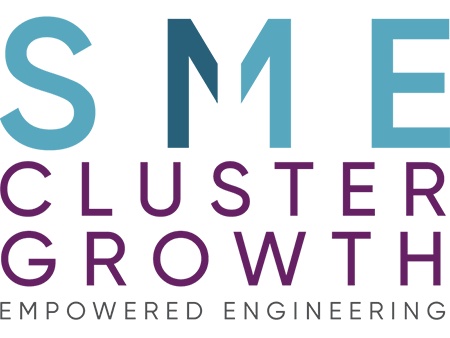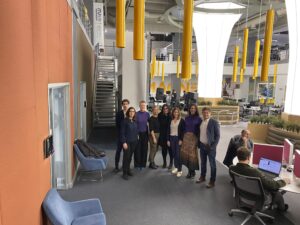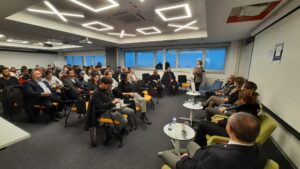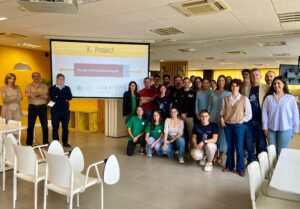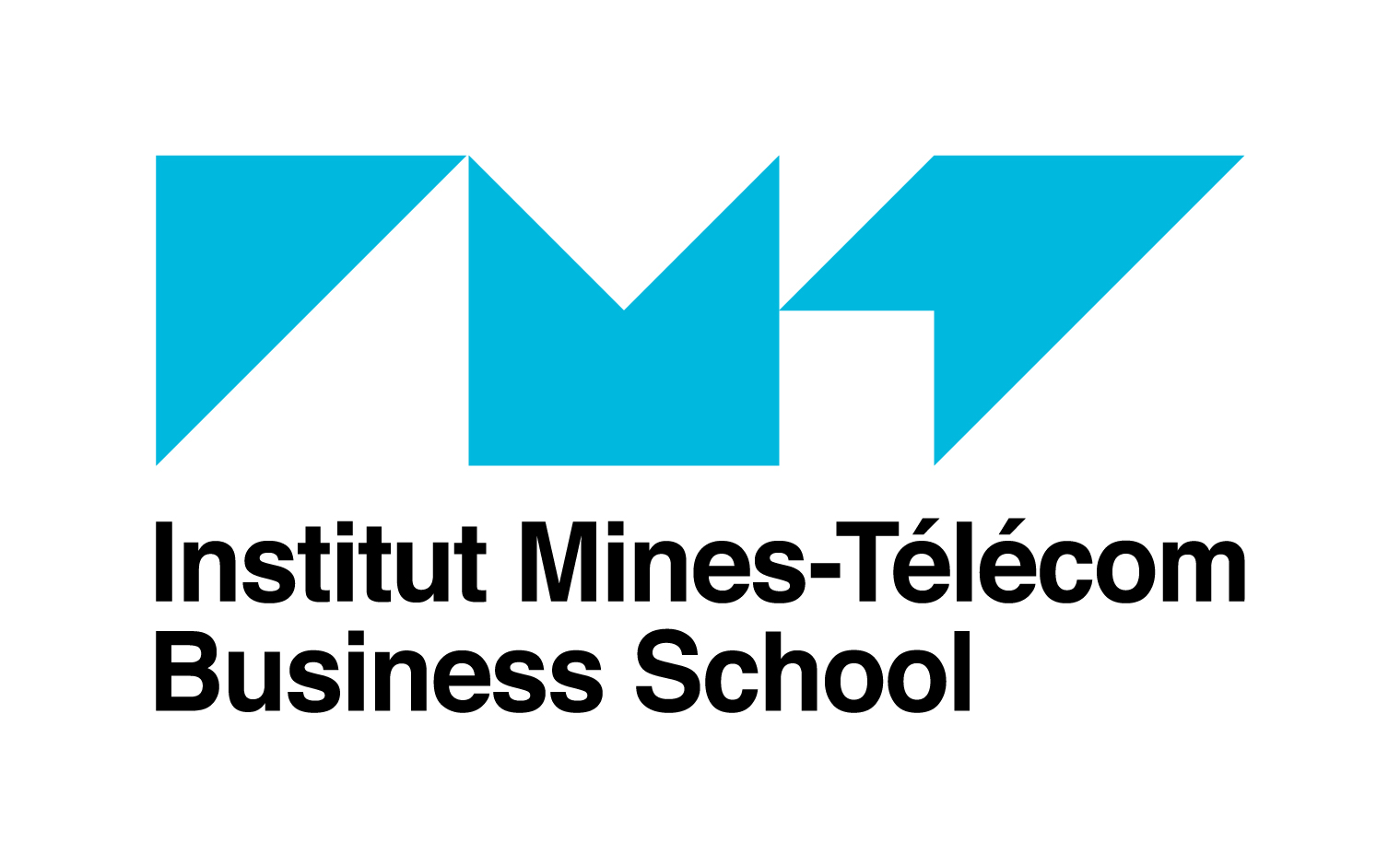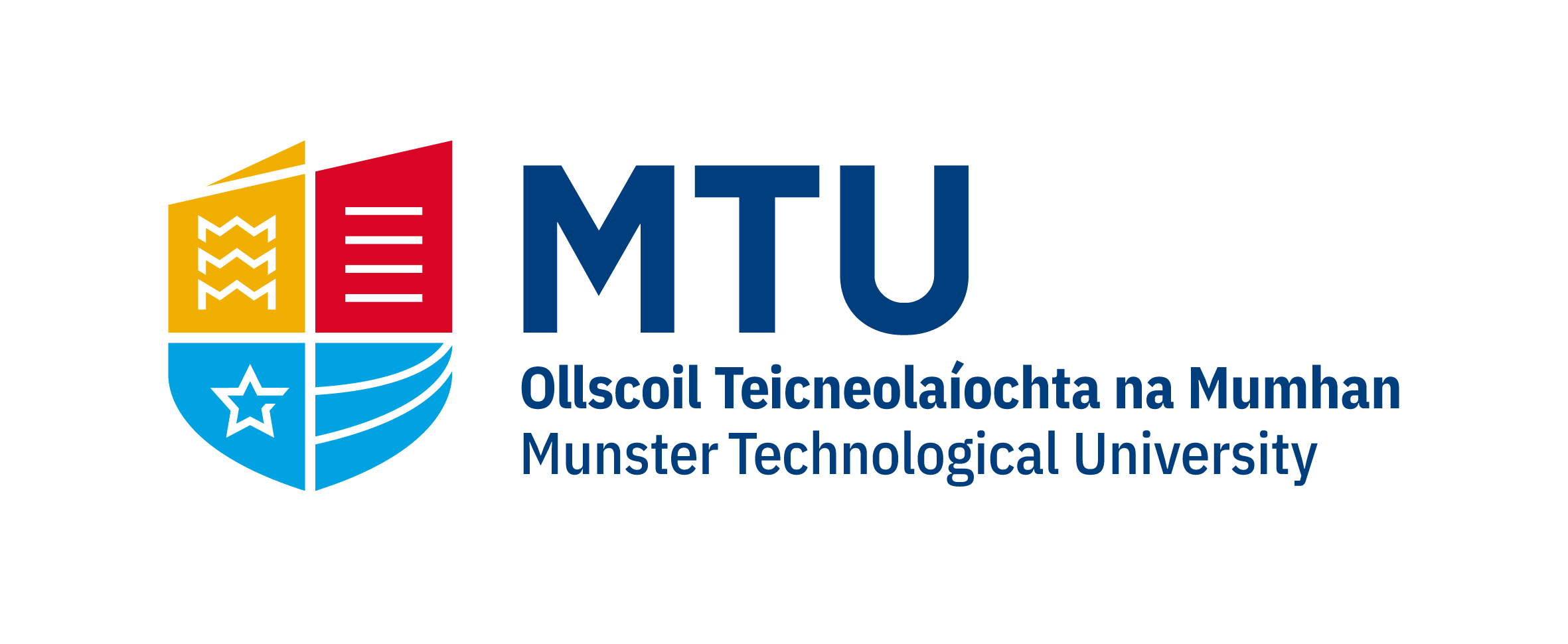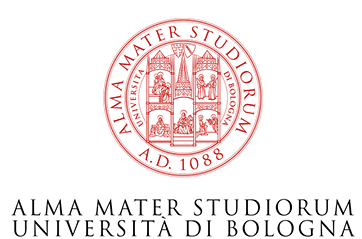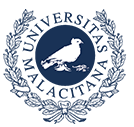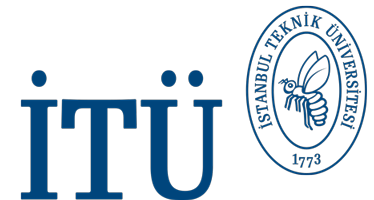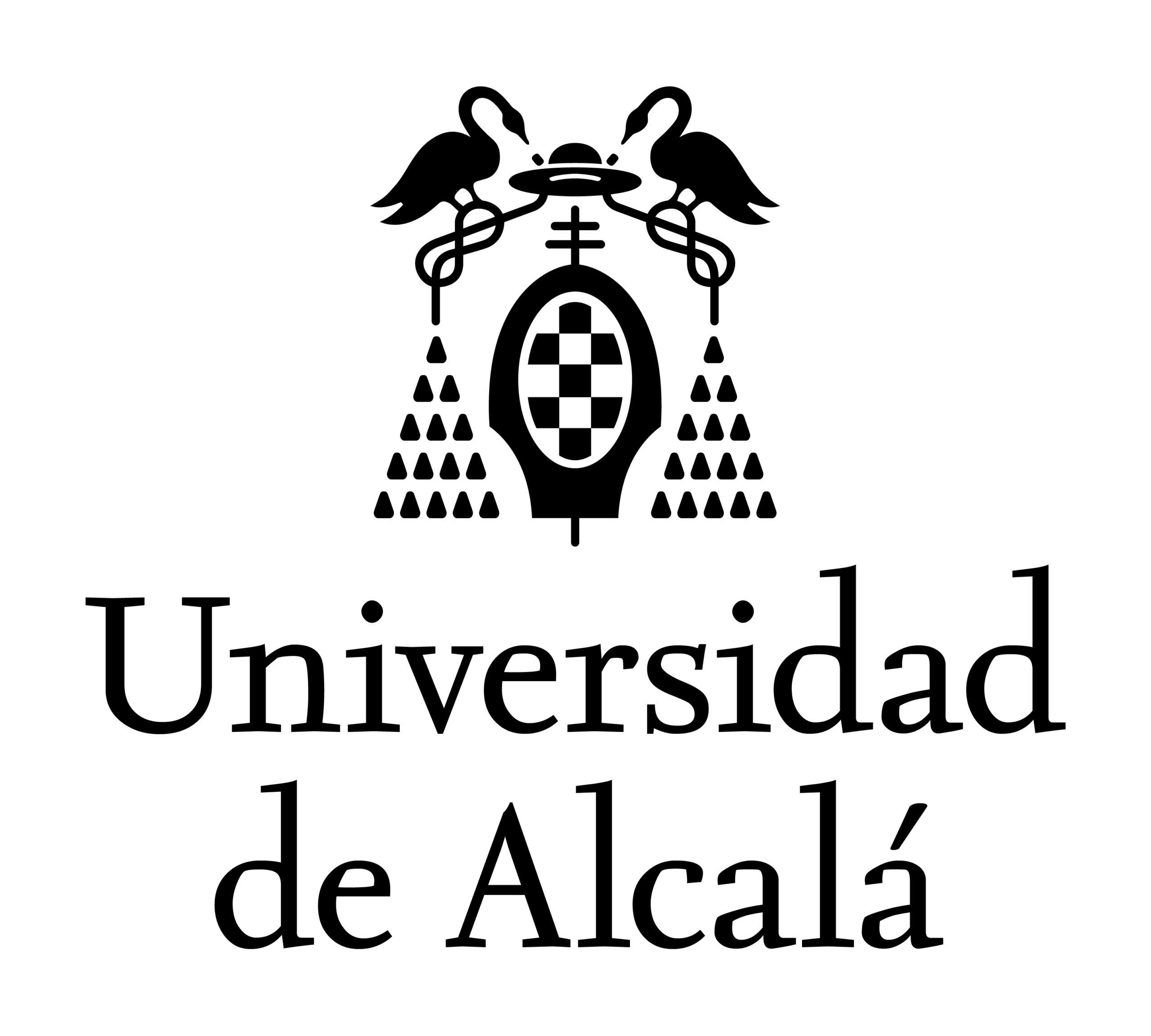A coalition of higher education institutions (HEIs), future skills and business growth professionals and university-industry relationship experts has announced the launch of a forward-thinking project to support small andmedium-sized (SMEs) businesses focused on engineering to form clusters to increase competitiveness and grow.
The ERASMUS+ Knowledge Alliance project, SME Cluster Growth, kicked off in early 2021 and continues over the next three years. It is designed to align the interests of growth-oriented SMEs with an engineering focus together with the regional actors able to support that growth through research and talent provision and access to facilities and knowledge networks. Utilising localised clusters and networks to empower and drive innovation success in engineering SMEs, SME Cluster Growth focuses on cross-border engineering business cluster development, creating synergies across regions, reaching across international markets, adopting new technologies and supporting mutual learning.
The project is very timely. Currently, SMEs constitute 99% of the European business arena and provide employment opportunities for around 94 million people. However, SMEs face obstacles to growth, including finding customers, competition, shortage of skilled staff or experienced managers, limited access to information and intellectual property rights (IPRs).
The partnership, led by the University of Málaga, Spain, spans nine partners across seven European countries. Under the guidance of Project Leader, Dr Clara Plata Ríos, SME Cluster Growth recognises the important link between a country’s engineering capacity and its economic development. Clara explains “Engineering is crucial for SME innovation; it’s a way for economic and societal development. However, skillsets for the engineering sector highlight the need for ‘T-shaped skills’, transversal skills, and the ability to recognise future trends and acquire an entrepreneurial mindset to tackle growth challenges. In establishing the SME Cluster Growth project, we see an opportunity to enable SMEs in engineering and the people that work in them to bring innovation and growth to a new level”.
The benefits will reach beyond engineering SMEs and will also have impact on the Higher Education sector, students, government organisations and businesses within the wider society. Associate Professor for Entrepreneurship Todd Davey with French partner Institut Mines-Telecom Business School, explains these benefits, “Our cross-regional and cross-cluster approach to business innovation and growth will contribute innovative and deliverables. Along the way, the goal is to provide tools and resources which both simplify and make it beneficial for engineering SMEs to identify their needs, establish Cluster Growth Councils within our six regions, have consultancy and practice-based learning and set-up a facilities sharing scheme. The SME Cluster Growth project will provide opportunities for engineering SMEs to unlock incentives for growth and competitive advantage.”
Recognizing the disruption effects of the COVID-19 pandemic on small businesses throughout Europe, SME Cluster Growthwill place a strategic emphasis on enabling engineering SMEs to leverage innovation and tap into regional and international clusters. University Industry Innovation Network’s, Manager of EU Projects, Alexandra Zinovyeva explains, “Addressing the challenges to growth and competition has never been so business critical. We are delighted to partner with like-minded organisations to bring to life the SME Cluster Growth project and help support the companies that make up the backbone of our European economy. We want to make it as easy as possible for small and medium-sized businesses to advance and grow their business”.
